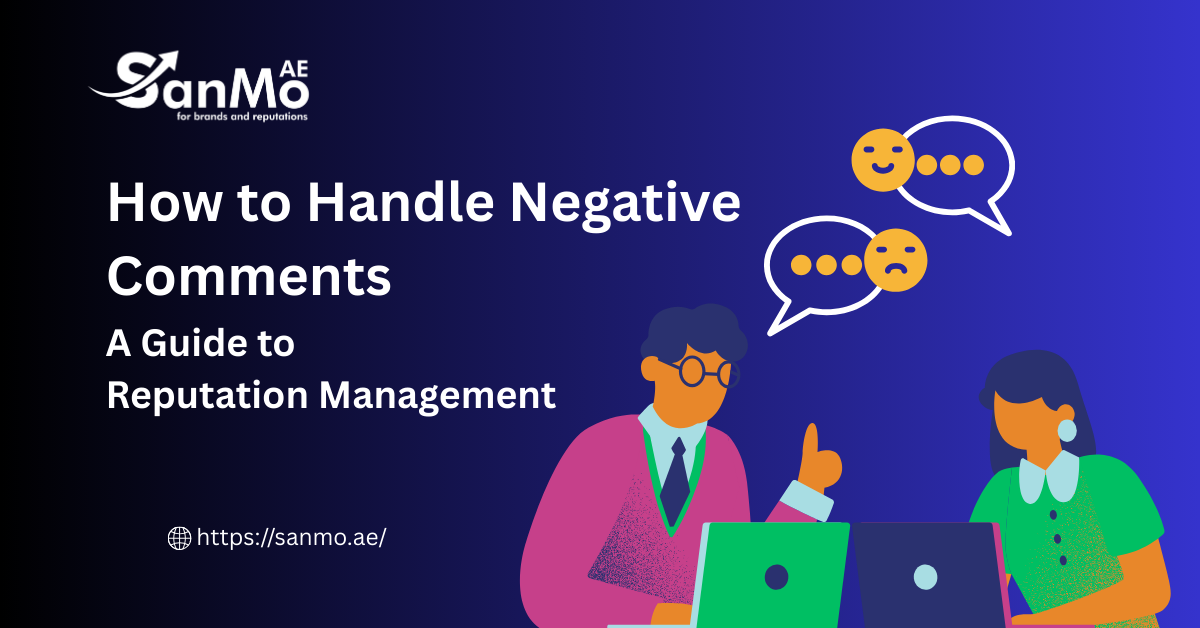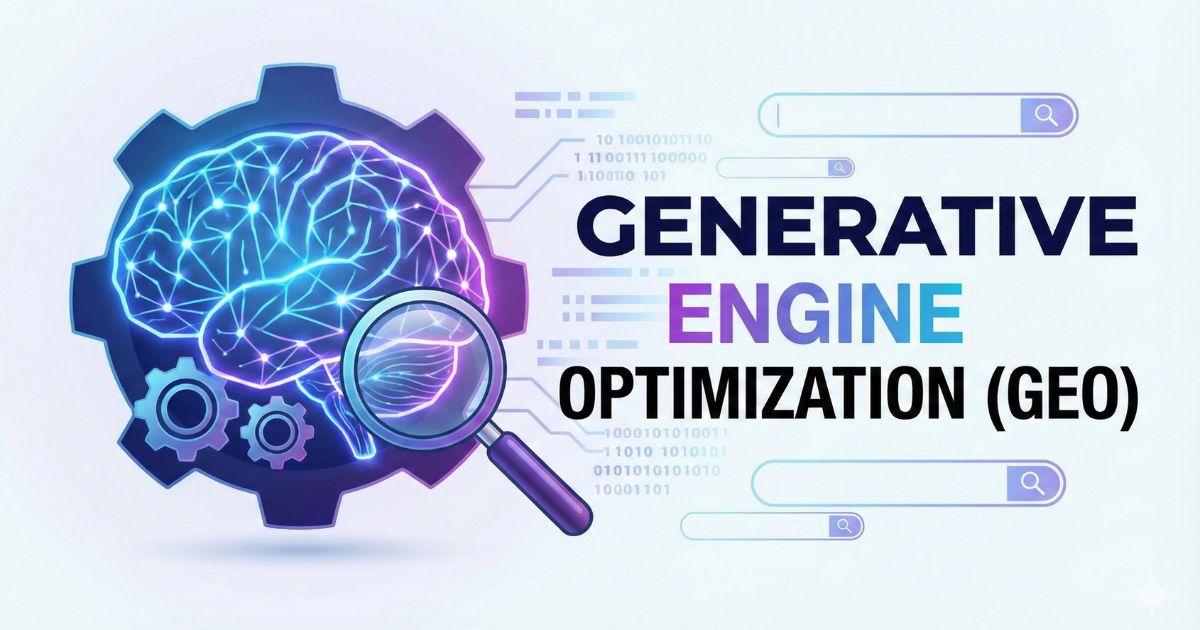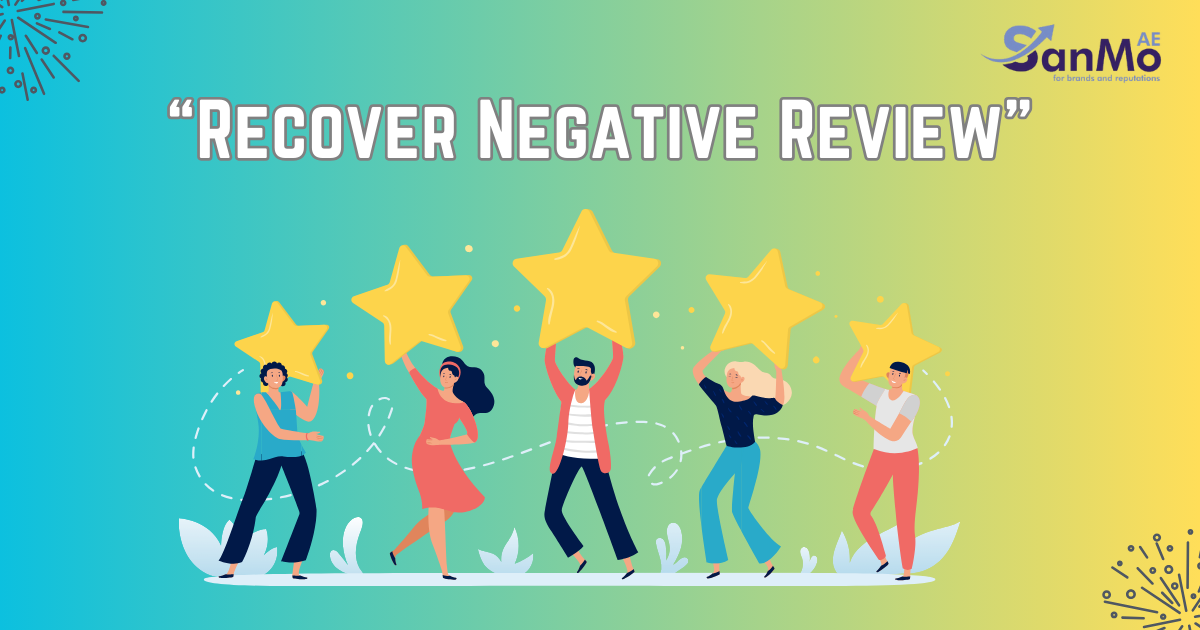Link building remains one of the most powerful ways to boost your website’s search engine rankings. However, not all link-building strategies are created equal. While some tactics may deliver quick wins, they often come with significant long-term risks that can severely damage your online presence.
Ethical link building focuses on creating genuine value and building authentic relationships rather than gaming the system. This approach requires more time and effort upfront, but it yields sustainable results that enhance your brand’s reputation and search visibility over time.
This guide will show you how to build high-quality backlinks through legitimate methods that search engines reward and your audience appreciates. You’ll discover proven strategies that align with Google’s guidelines while helping you establish your website as a trusted authority in your industry.
What Makes Link Building Ethical?
Ethical link building centers on earning links through merit rather than manipulation. This approach prioritizes creating valuable content and fostering genuine relationships with other websites and content creators.
The foundation of ethical link building lies in transparency and value creation. When you reach out to other sites, you’re honest about your intentions and offer something genuinely useful in return. You’re not trying to deceive search engines or hide your link building efforts behind artificial schemes.
Search engines like Google have become increasingly sophisticated at detecting manipulative link building practices. Their algorithms can identify patterns that suggest paid links, link farms, or other black hat techniques. Websites caught using these methods face penalties that can dramatically reduce their search visibility or remove them from search results entirely.
Ethical strategies focus on building relationships and creating content so valuable that other websites naturally want to link to it. This approach aligns with how search engines want the web to function—as a network of genuinely helpful resources connected by editorial links.
Core Principles of Ethical Link Building
Quality Over Quantity
Successful ethical link building prioritizes securing a few high-quality links rather than pursuing hundreds of low-value ones. A single link from a respected industry publication carries far more weight than dozens of links from irrelevant or low-authority sites.
High-quality links come from websites that have established credibility in their field, attract engaged audiences, and maintain editorial standards. These sites are selective about what they link to, making their endorsement more valuable to both search engines and potential visitors.
Relevance and Context
Ethical links fit naturally within the content where they appear. The linking page should have a logical reason to reference your content, and your link should provide additional value to readers of that page.
This relevance extends beyond surface-level topic matching. The best links come from content that genuinely benefits from referencing your resource, whether that’s supporting a claim with your data, directing readers to a helpful tool you’ve created, or citing your expertise on a particular subject.
Editorial Independence
Ethical link building respects the editorial independence of linking sites. You can suggest your content as a resource, but you shouldn’t try to control how it’s presented or demand specific anchor text or placement.
This principle means accepting that some outreach efforts won’t result in links, and that’s perfectly fine. Not every piece of content will be relevant or valuable enough for every website you contact. Respecting these editorial decisions builds trust and maintains the integrity of your link building efforts.
Proven Ethical Link Building Strategies
Create Link-Worthy Content
The most sustainable approach to ethical link building starts with creating content that naturally attracts links. This content typically falls into several categories that other websites find valuable to reference.
Original research and data studies perform exceptionally well for link building. When you conduct surveys, analyze industry trends, or compile unique datasets, you create resources that journalists, bloggers, and industry publications want to cite. These links often come naturally as other content creators reference your findings.
Comprehensive guides and tutorials also attract editorial links. When you create the definitive resource on a topic within your expertise, other websites naturally want to reference it as a helpful resource for their audiences. These guides should be thoroughly researched, well-structured, and regularly updated to maintain their value.
Interactive tools and calculators provide ongoing link building opportunities. When you create a useful tool that solves a problem for your target audience, other websites often link to it as a helpful resource. These tools continue generating links long after you’ve created them.
Strategic Outreach and Relationship Building
Effective outreach focuses on building genuine relationships rather than simply asking for links. Start by identifying websites and content creators who serve your target audience and share similar values around content quality.
Before reaching out, spend time engaging with their content genuinely. Comment thoughtfully on their blog posts, share their content on social media, or reference their work in your own content. This engagement helps establish you as someone who adds value to conversations rather than just seeking links.
When you do reach out, focus on how your content can help their audience rather than how a link would benefit you. Point to specific sections of their content where your resource would provide additional value, and explain why their readers would find it helpful.
Resource Page Link Building
Many websites maintain resource pages that compile helpful links for their audience. These pages present excellent opportunities for ethical link building when your content genuinely fits their criteria.
Start by finding resource pages in your industry through searches like “industry keyword + resources” or “topic + helpful links.” Review each page carefully to understand what types of resources they include and what criteria they seem to use for selection.
When reaching out to resource page managers, clearly explain why your content would benefit their audience and fits their existing resource collection. Point to specific aspects of your content that align with their quality standards and audience needs.
Guest Content and Collaboration
Guest posting, when done ethically, can build valuable relationships and earn quality links. The key lies in focusing on providing genuine value to the host site’s audience rather than simply securing a link opportunity.
Identify publications that serve your target audience and maintain high editorial standards. Study their existing content to understand their style, topics of interest, and audience preferences. Propose content ideas that align with their needs while showcasing your expertise.
Create content specifically for each publication rather than repurposing existing pieces. This custom approach ensures your content fits their audience perfectly and demonstrates respect for their platform. Focus on making your content so valuable that readers naturally want to learn more about your work.
Building Long-Term Relationships
Networking Within Your Industry
Strong professional relationships form the foundation of sustainable link building success. When you’ve built trust and provided value to others in your industry, they’re more likely to reference your work naturally in their content.
Attend industry conferences, participate in online communities, and engage in professional associations related to your field. These activities help you build genuine connections with people who might become linking partners over time.
Social media platforms offer excellent opportunities to build relationships with content creators and website owners. Share their work, engage meaningfully with their posts, and contribute valuable insights to industry discussions. These interactions often lead to natural linking opportunities down the line.
Supporting Others’ Content
One of the most effective ways to build linking relationships involves supporting others’ content before asking for anything in return. When you consistently share, comment on, and reference other people’s valuable work, you establish yourself as a generous member of your professional community.
This support should be genuine and selective. Share content that truly provides value to your audience, and add thoughtful commentary that demonstrates you’ve actually engaged with the material. This approach builds your reputation as someone who contributes meaningfully to industry conversations.
Over time, this supportive approach often leads to reciprocal behavior. Content creators you’ve supported are more likely to notice and potentially reference your work when it’s relevant to their audience.
Measuring Ethical Link Building Success
Quality Metrics That Matter
Traditional link building often focuses on quantity metrics like total number of backlinks or domain authority scores. Ethical link building requires more nuanced measurement that captures the value of your efforts.
Monitor the relevance and authority of linking domains rather than just their quantity. A link from a highly respected industry publication that drives qualified traffic to your site is worth far more than multiple links from irrelevant directories.
Track referral traffic from your earned links to understand their real-world impact. Links that send engaged visitors to your website provide value beyond SEO benefits, helping you build your audience and potentially generate leads or sales.
Long-Term Performance Indicators
Ethical link building pays dividends over time as your content builds authority and relationships strengthen. Track how your content continues earning links months or years after publication, indicating its lasting value.
Monitor mentions of your brand or content that don’t include links, as these often represent relationship-building opportunities. You can reach out to thank people for mentions and potentially secure links through follow-up conversations.
Watch for increases in branded search queries and direct website visits, which often indicate growing brand awareness driven by your link building and relationship building efforts.
Your Path to Sustainable Link Building Success
Ethical link building requires patience, creativity, and genuine commitment to providing value to others. Unlike manipulative tactics that might deliver quick results followed by penalties, ethical approaches build sustainable momentum that strengthens over time.
Start by auditing your current content to identify pieces that could attract natural links with better promotion. Then commit to creating at least one piece of genuinely link-worthy content each month, whether that’s original research, a comprehensive guide, or a useful tool.
Begin building relationships within your industry through genuine engagement and support of others’ work. These relationships will become the foundation for sustainable link building success that benefits your SEO efforts while strengthening your professional network.
Building trust online requires more than just positive reviews—it demands a consistent, strategic approach to your digital presence. Visit our advanced reputation management page for tools and tactics to help you stay ahead of public perception.







